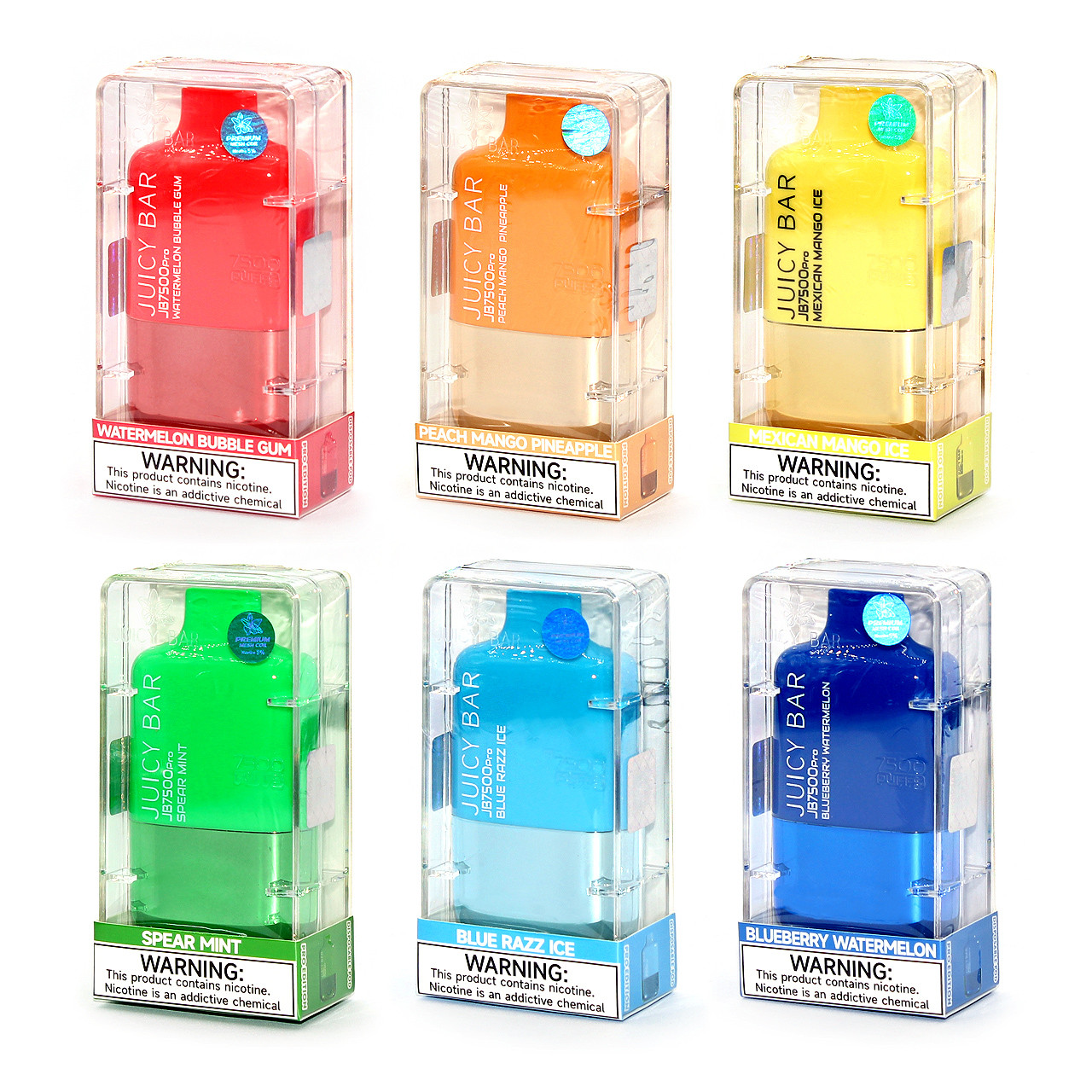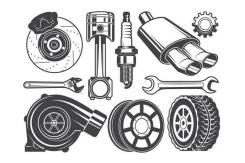Are Solar Panels Capable of Running AC?
With the rising global temperatures and growing demand for energy-efficient cooling solutions, many homeowners are asking a crucial question: Are solar panels capable of running air conditioners (AC)? The short answer is yes—solar panels can run air conditioners. However, how effectively they can do so depends on a variety of factors such as the size of the solar system, the type of AC unit, energy consumption patterns, and geographic location.
How Solar Power Works?
Before diving into how AC systems can run on solar energy, it’s essential to understand the basics of how solar panels work. Solar panels convert sunlight into direct current (DC) electricity. This electricity is then passed through an inverter to be converted into alternating current (AC), which powers most home appliances, including air conditioners.
There are two main types of solar power systems:
- Grid-tied systems: Connected to the local utility grid. Excess electricity can be fed into the grid, and homeowners can draw power when solar production is low.
- Off-grid systems: Operate independently using battery storage. These are ideal for remote locations but require larger setups to support heavy appliances like ACs.
How Much Power Does an AC Use?
The energy consumption of an AC unit varies based on its type, size, and efficiency. For example:
- A 1-ton split AC uses about 1.2 kW to 1.5 kW per hour.
- A window AC might consume between 500 watts to 1.5 kW.
- A central air conditioning system for an entire house can consume 3 kW to 5 kW per hour or more, depending on the size and usage.
If you’re running a 1.5-ton AC for 8 hours a day, it might use around 12 kWh (units) of electricity per day. To run this on solar power, your solar setup must be capable of generating at least this amount of energy daily.
How Many Solar Panels Are Needed to Run an AC?
The number of solar panels required to run an AC depends on several factors:
- Daily energy consumption of the AC
- Wattage and efficiency of solar panels
- Sunlight availability (peak sun hours) in your region
For instance, if you are using 12 kWh per day for your AC and you get about 5 peak sun hours daily, you’ll need a solar system that can generate 2.4 kW of power per hour. Using standard 400-watt panels, you would need at least 6 to 7 solar panels just for the AC. If you plan to run other appliances too, your solar system must be sized accordingly.
Key Considerations Before Running AC on Solar
1. System Size and Design
You must install a solar power system large enough to handle your AC’s load along with your home’s other energy requirements. This means proper system design is critical.
2. Battery Backup
If you’re not connected to the grid (off-grid setup) or want to run your AC at night, you’ll need a battery bank with sufficient capacity. ACs draw a lot of power, so your batteries must be robust and capable of handling high loads.
3. Inverter Capacity
Air conditioners have high startup power requirements, sometimes 2-3 times their normal running wattage. Your inverter should be sized to handle this surge power to avoid system overloads.
4. Efficiency of AC Units
Newer AC units with inverter technology are more energy-efficient and compatible with solar systems. Opting for an energy-efficient model can reduce your solar power needs significantly.
5. Geographic Location
Regions with high solar insolation (sunlight), like Kerala, Rajasthan, or California,a are ideal for running ACs on solar. More sunlight means more energy generation.
Benefits of Running AC on Solar Power
- Reduced Electricity Bills: ACs are one of the biggest contributors to household energy bills. Solar can offset this cost significantly.
- Eco-Friendly Cooling: Using solar to run your AC reduces your carbon footprint.
- Energy Independence: Especially beneficial in areas with frequent power cuts or unreliable grids.
- Long-Term Savings: Although the upfront cost of solar is significant, long-term savings and government incentives can make it worthwhile.
Limitations and Challenges
- High Initial Investment: Solar installations capable of running ACs are more expensive than basic systems.
- Space Requirement: More panels require more roof or land space.
- Weather Dependence: Solar output drops on cloudy days, affecting AC performance unless there’s battery or grid support.
- Maintenance: While solar panels are low maintenance, AC units and inverters require regular checks for optimum performance.
Conclusion
Yes, solar panels can run air conditioners—if you plan your system correctly. Whether you’re building a new home, upgrading an existing system, or looking for ways to reduce your energy bills in a hot climate, a solar panel for AC unit is a smart, sustainable choice. Consult with a professional solar installer to design a system tailored to your energy needs and lifestyle.












